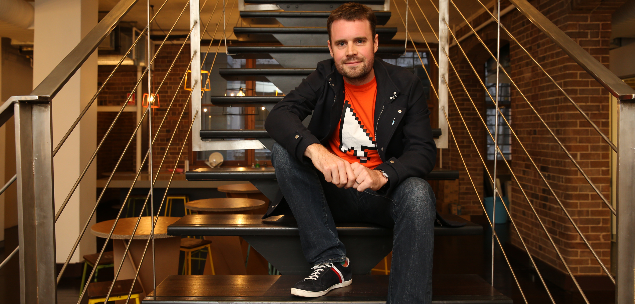Investors who back startups in the BlueChilli portfolio will now enjoy an immediate tax deduction plus capital gains tax exemptions. This follows a private ruling by the Australian Taxation Office (ATO) approving BlueChilli as the nation’s first accelerator program with Early Stage Investment Company (ESIC) accreditation.
Under ATO rules, investors who have met the agency’s sophisticated investor test and back an early stage innovation company (ESIC) are eligible to receive an immediate tax deduction (equal to 20% of their investment), with the annual offset amount capped at $200,000. Additionally, these investors can disregard any capital gains tax if they sell their shares within ten years.
To qualify for ESIC status, a startup must satisfy either a principles test or points-based test. Under the points-based test, a startup that has gone through an ESIC eligible accelerator program such as BlueChilli, automatically receives 50 points. They can earn the remaining 50 points b raising more than $50,000.
According to BlueChilli Head of Venture, Luther Poier, the ATO private ruling is a “huge boon” for ideas-stage startups that go through the firm’s accelerator programs because “they are more likely to have raised far more than $50,000 in their first round”.
CEO Sebastien Eckersley-Maslin told Dynamic Business that BlueChilli had worked with the ATO for twelve months to secure the private ruling in a bid to encourage more investment in startups.
“Our senior personnel worked with the ATO to help them articulate what an eligible accelerator program should, for ESIC purposes, look like,” he said. “For instance, an accelerator must meet the classic definition, i.e. it must accelerate companies from point A to B. Other nuances we helped the ATO work through included the difference between and accelerator an incubator in circumstances where incubators are not eligible for ESIC accreditation.
“Ultimately, we hope the work wed did with the ATO will lead to other accelerator programs being ESIC accredited in the future as this will inceras ethe amunt of capital available to the entire startup ecosystem.”
Asked what competitive advantage the ESIC accreditation afforded BlueChilli, Eckersley-Maslin said it would help the eight portfolio companies that are currently undertaking capital raises “close their rounds quicker – “By going through the ATO process, we’ve just made every BlueChilli company a lot more attractive,” he said.
He pointed out that while startups can seek to achieve ESIC status without going through an eligible accelerator like BlueChilli, it’s “much harder” for them to meet the relevant tests and “there’s more uncertainty for investors”.
He explained, “Investors don’t necessarily have the same level of assurance that comes with a startup that’s gone through an approved accelerator. They run the risk of making investment and then later finding out they’re not eligible for the tax deduction. By investing in into a BlueChilli company that’s come through a program like ours, it’s black and white – investors can be assured their investment will be eligible for that tax deduction.
“My hope is that in the future the annual offset cap will be increased because, in my view, if you have an incentive designed to encourage more investment, why would you put a cap on it? That said. I’m glad the government was at least able to kick things off.”
Related: Why the startup ecosystem needs more non-technical entrepreneurs, not stereotypes

